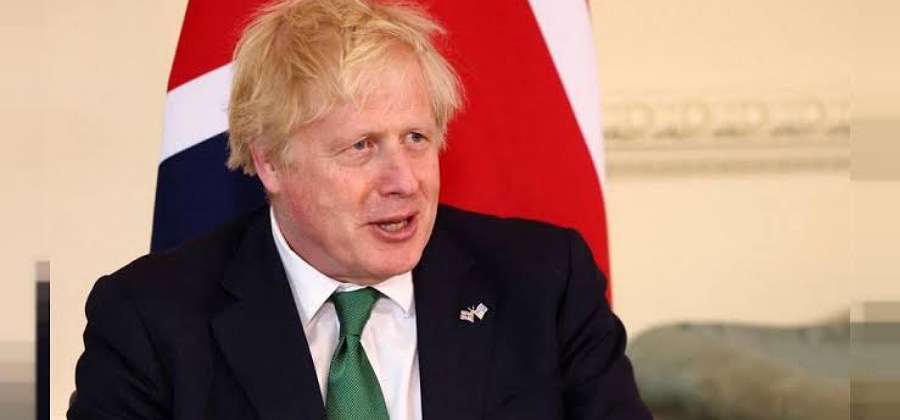Key highlights
- Former UK Prime Minister, Boris Johnson, said Nigeria has the potential to be a renewable energy superpower as well as a massive producer of oil and gas.
- Just like other African countries where energy access is poor, Nigeria is advocating the use of oil and gas in its energy transition plans to close energy access gaps in the country.
- In addition to increasing its commitment to renewable energy, Nigeria will be developing its integrated oil and gas assets at Kolmani in Bauchi and Gombe states as well as Obi in Nasarawa state.
Former United Kingdom Prime Minister, Boris Johnson, has said that Nigeria could become a massive producer of oil, gas and renewable energy.
He stated this during the 16th edition of the Anyiam Osigwe Annual Lecture, held in Lagos State on Monday, March 27.
Johnson also spoke about the potential of Nigeria and the United Kingdom to work together to achieve set goals. Channels TV quoted him to have said:
- “It is time for the UK and Nigeria, two great democracies with so much history in common to do more together we should be tackling climate change together.
- “The technology is there, the UK is already one of the world’s greatest producers of offshore wind and it is unbelievable, that we now produce more offshore wind than virtually any other country in the world.
- “Nigeria could be a renewable superpower as well as a massive producer of oil and gas and we can share the technology.
- “The combination of freedoms is demonstrably the best route to long-term prosperity and let us recognize that our challenges are shared challenges whether it’s climate change or the instability in the Sahel that triggers both the terrorism and the mass migration that washes up on the shores of the UK, and let’s tackle them together.”
Why Nigeria should explore all energy resources
Boris Johnson’s speech shows that he is in support of Nigeria exploring all its energy resources, which include renewable energy as well as oil and natural gas. Nigeria needs to explore all these resources because millions of Nigerians still lack access to electricity despite the country’s vast oil, gas and renewable energy resources.
In 2021, the World Bank revealed that 85 million Nigerians do not have access to grid electricity, which represents 43% of the country’s population and makes Nigeria the country with the largest energy access deficit in the world at the time.
The lack of reliable power is a significant constraint for citizens and businesses. That number has increased now as the June 2022 Energy Progress Report revealed that Nigeria has the lowest access to electricity globally, with 92 million people lacking electricity access.
The way forward to meeting Nigeria’s energy needs
In addition to exploring more off-grid electricity access in unserved areas, stakeholders in Nigeria’s oil and gas sector have renewed their commitment to exploring more oil and gas, especially in frontier basins.
In 2022, the Nigerian National Petroleum Company (NNPC) Limited made a significant discovery of oil and gas in the Kolmani basin (between Bauchi and Gombe states).
Significant oil and gas have also been recently discovered in Nasarawa state and today, there will be a spud-in ceremony at Obi local government area in the state.
What you should know
The Kolmani Integrated Development Project has attracted over $3 billion in foreign direct investment and has the potential to produce 50,000 barrels per day. The project is a fully integrated in-situ development project comprising upstream production, oil refining, power generation, and fertilizer production.
















